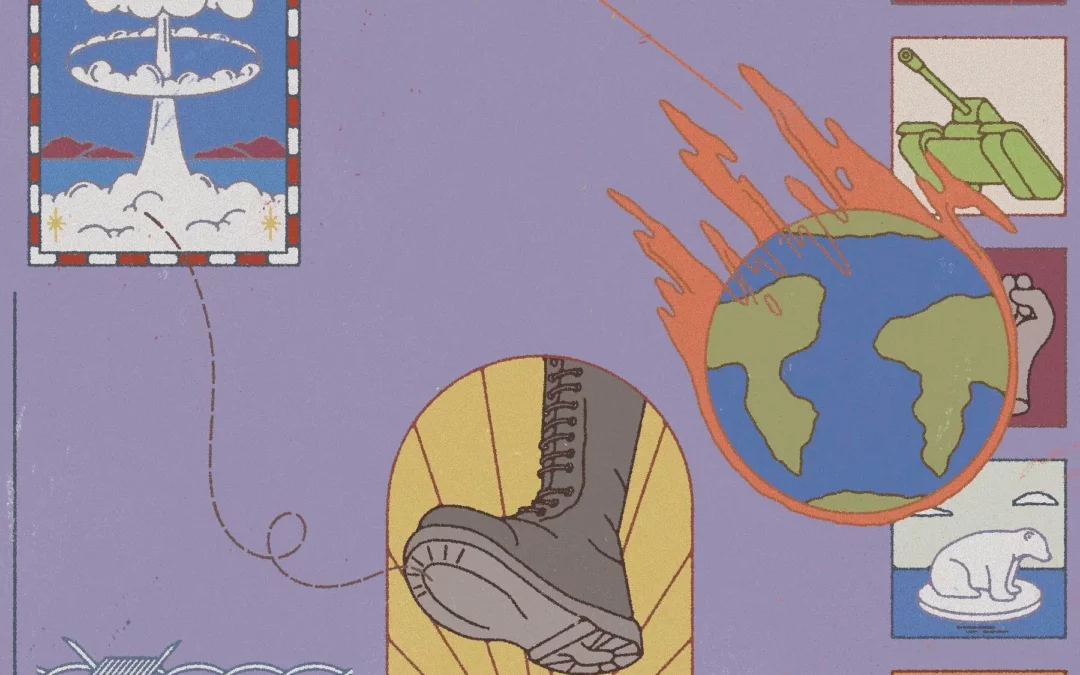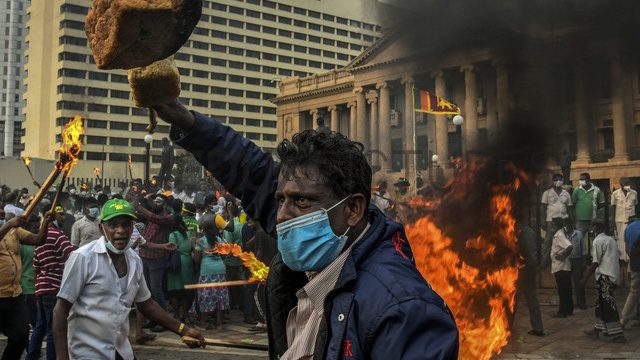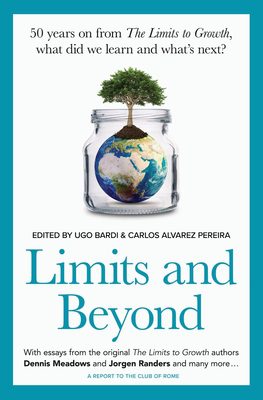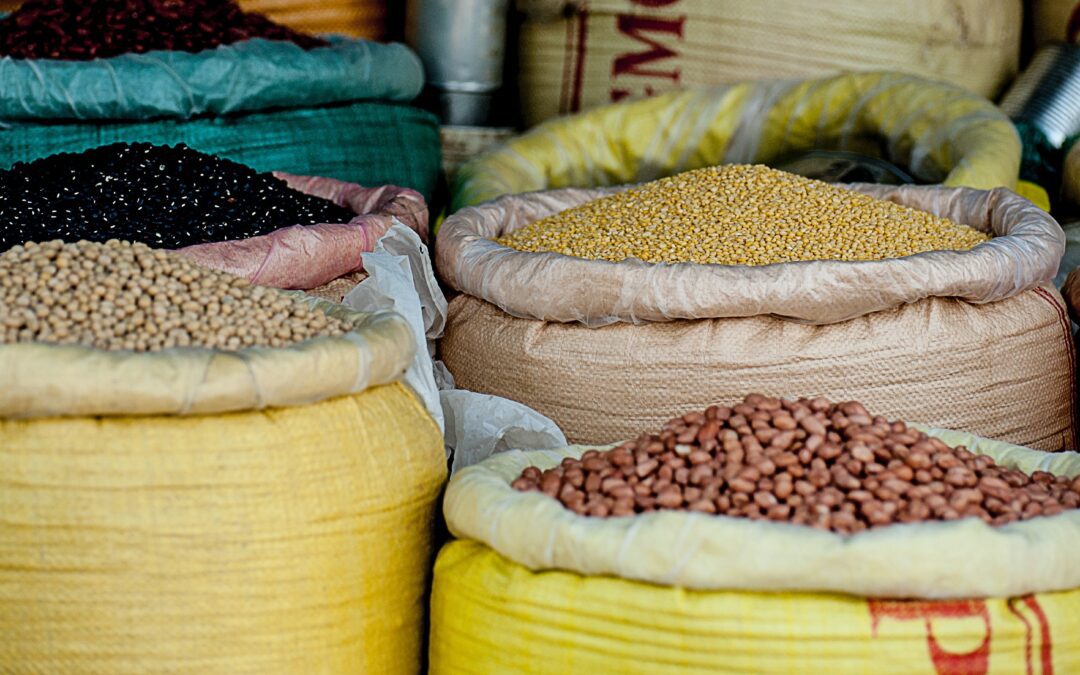by Edward Luce in Financial Times….So many crises assail the world that their spilling into each other and merging is a genuine risk
Dancing with a permanent emergency
by Jonathan Rowson in The Joyous Struggle….The climate crisis is still there, and it is a moral imperative to address it and it matters perhaps more than any other single issue matters. And yet, because we are so profoundly stuck, I think our best chance, perhaps our only chance, is to see the climate challenge through the prism of the metacrisis, with all that follows for educational and spiritual innovation, which is why that has become my professional focus. Once we realise that there is no way to act on climate change with the requisite skill, insight, legitimacy, and resolve without contending with the metacrisis, our sense of priority should change. There is, as they say, no way round but through.
History’s crisis detectives: How we’re using maths and data to reveal why societies collapse – and clues about the future
by Daniel Hoyer in The Conversation….Our goal is to find out what drove these societies into crisis, and then what factors seem to have determined whether people could course-correct to stave off devastation.
Global collaboration of scientists needed to solve polycrisis
in Cambridge University Press….“Above all else, the polycrisis concept emphasises that crises interact with one another in highly consequential ways that are grossly underappreciated by academic and policymaking institutions that study those crises individually, in separate silos.”
Polycrisis in the anthropocene: An invitation to contributions and debates
by Michael Lawrence in Cambridge University Press…The popularity of the term polycrisis suggests a growing demand for new thinking
about the world’s intersecting crises, but loose and haphazard uses of the concept impede knowledge
generation. The special issue, “Polycrisis in the Anthropocene,” aims to close the gap.
Has the “Polycrisis” overwhelmed us?
by Mark Leonard in Project Syndicate…Today’s global crises are not only competing for policymakers’ finite attention; they are increasingly feeding one another in unpredictable ways. Add the uncertainty around this year’s high-stakes elections in the United States and elsewhere, and you have a recipe for a Davos meeting defined by angst and paralysis.
More in this category

What the hell is a ‘polycrisis’, anyway?
A problem becomes a crisis when it challenges our ability to cope and thus threatens our identity.

Sleepwalking on megathreat mountain
A host of interconnected “megathreats” is imperiling our future.

THE COLLINS WORD OF THE YEAR 2022 IS…
Permacrisis: noun, an extended period of instability and insecurity

‘Polycrisis’ may be a buzzword, but it could help us tackle the world’s woes
Polycrisis is a more accurate term to describe the world’s ongoing crises and how they’re interacting with one another.

What Happens When a Cascade of Crises Collide?
In reality, the likelihood that the current mess is a coincidence is vanishingly small.

Polycrisis!
A new public event series exploring the multiple, overlapping crises of our time and how we can navigate the global polycrisis.

Ayan Mahamoud: “East Africa and the Poly-Crisis”
In many ways, the discussions in our world are not only energy blind but also blind to accelerating threats to nations outside our own.

Best 20 clips of 2022 | The Great Simplification year in review
What can we take away from 2022? Here is a round-up from Nate Hagens, who is among the most insightful reporters on the polycrisis.

Welcome to the world of the polycrisis
Pandemic, drought, floods, mega storms and wildfires, threats of a third world war — how rapidly we have become inured to the list of shocks. So much so that, from time to time, it is worth standing back to consider the sheer strangeness of our situation. As former US...

Modeling the drivers of the metacrisis
In this fourth installment of conversations with Daniel Schmachtenberger, Nate Hagens dives deeper into the nuances of humans using energy, materials and technology.

The Polycrisis: An introduction
The Polycrisis aims to untangle the Gordian Knot of security, climate, economic, and political dilemmas.

‘Permacrisis’ is a dictionary’s word of the year in ‘truly awful’ 2022
We’ve all been living in a state of permanent crisis, a “permacrisis” if you will, according to lexicographers at the U.K.-based Collins Dictionary who have anointed it the word of the year for 2022.

Limits and Beyond
Edited by Ugo Bardi & Carlos Alvarez Pereira
In 1972, a book changed the world.
The Club of Rome commissioned a report that shifted how we see what humans are doing to the planet. Looking back five decades later, what happened next, what did we do and not do, what did we learn, and what happens now?

The past, present, and urgent future of rationing
Managing increasing demand for water, clean air, minerals, energy, and food is rapidly becoming one of our greatest challenges. What strategies are available to us? Are there alternatives to winners and losers? Stan Cox’s work on looks at these pressing topics through the lens of rationing in his recent piece published by the FAN Initiative.
Rationing in the Polycrisis with Stan Cox
Managing increasing demand for water, clean air, minerals, energy, and food is rapidly becoming one of our greatest challenges. What strategies are available to us? Are there alternatives to winners and losers?




